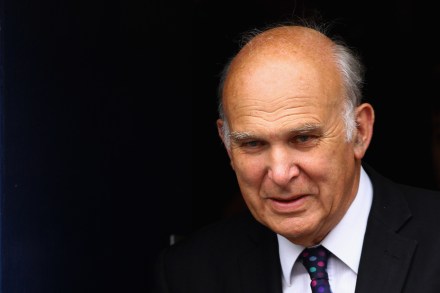Not ‘the best results ever’: Good news for GCSEs
For the first year since GCSE’s came in we have not seen ‘the best results ever’. Which is, of course, a great relief. As Anthony Seldon, among others, has pointed out, these results suggest a return to credibility in our examination system. But there are already those, including some teachers and teacher unions who are now hinting darkly at ‘political interference’. They are used to year-on-year grade inflation and expected this to continue forever. I think these people should themselves be asked to pass a simple test. They should try to find a single university lecturer who is able to tell them (with a straight face) that each year –


















